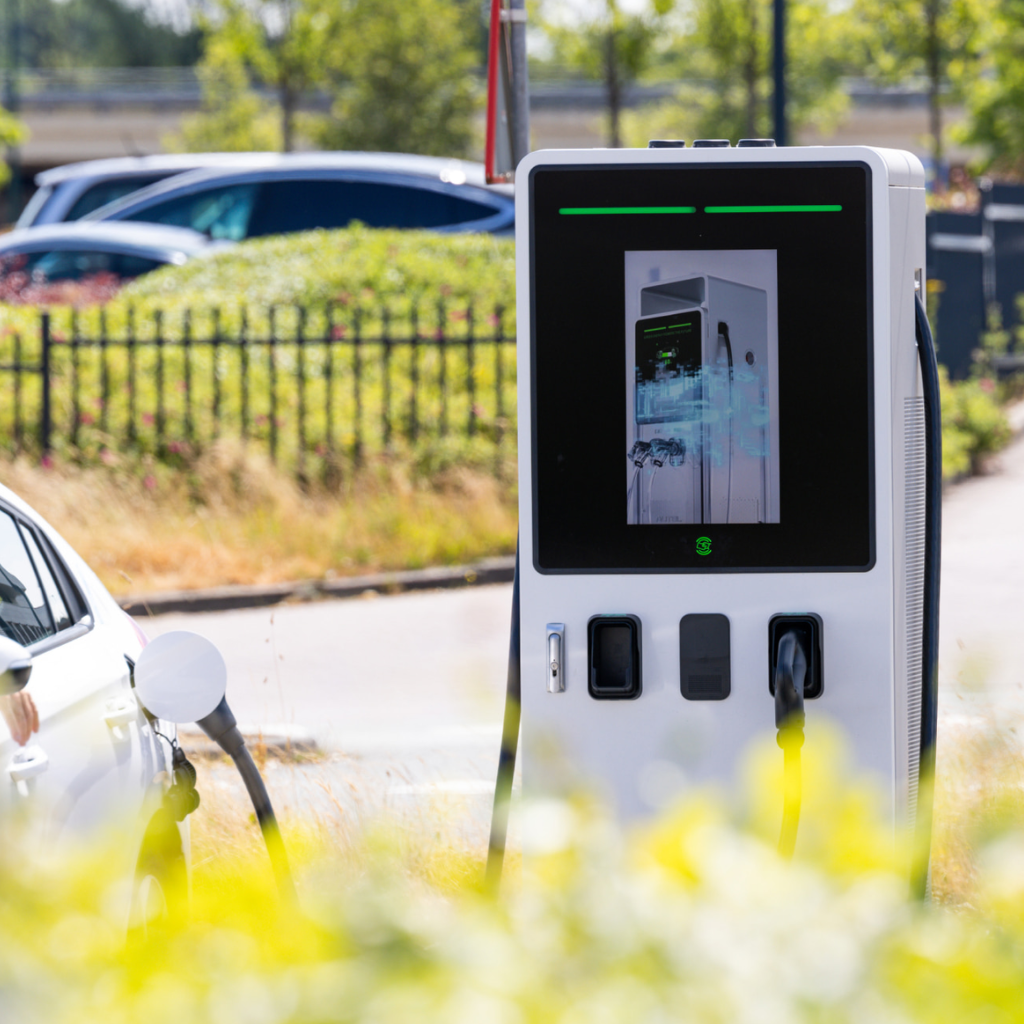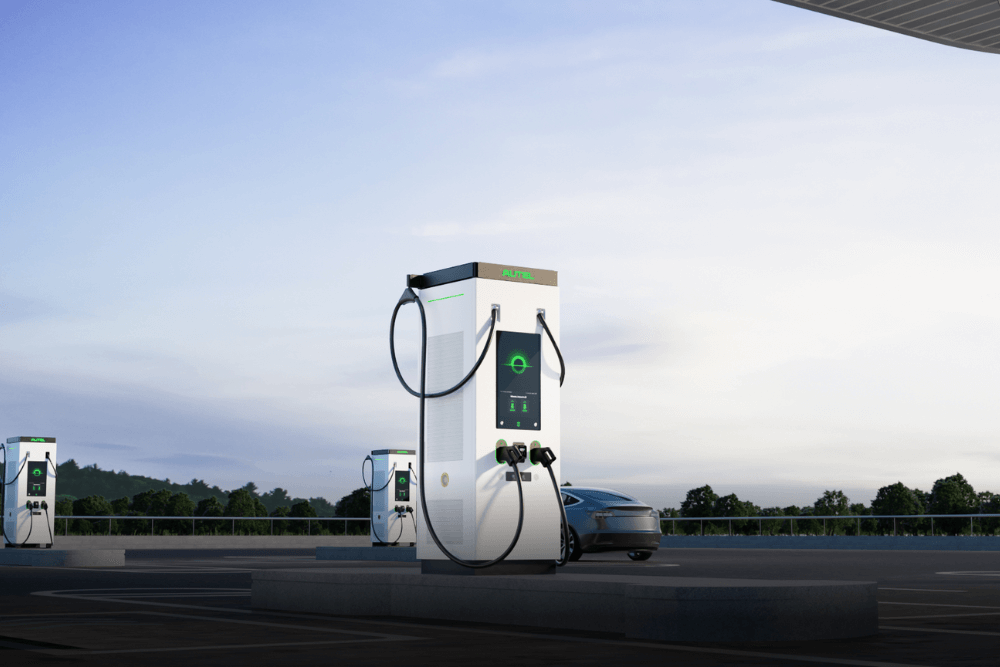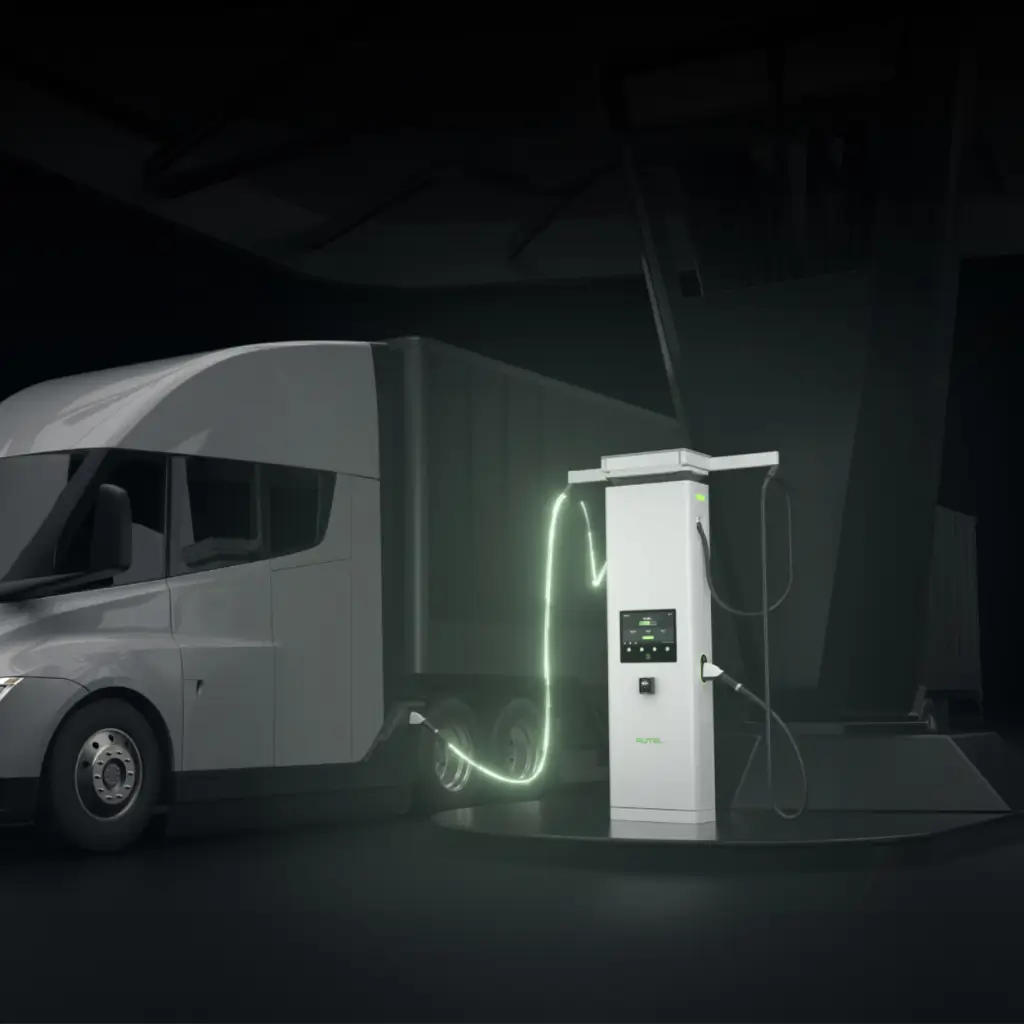
- MaxiCharger DH480
- MaxiCharger AC Pro
- MaxiCharger DC HiPower
- MaxiCharger DC Fast
- MaxiCharger DC Compact
- MaxiCharger AC Elite

- For CPOs
- For Fleets
- For Destination
- For Residential
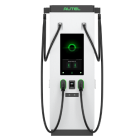 MaxiCharger DH480
MaxiCharger DH480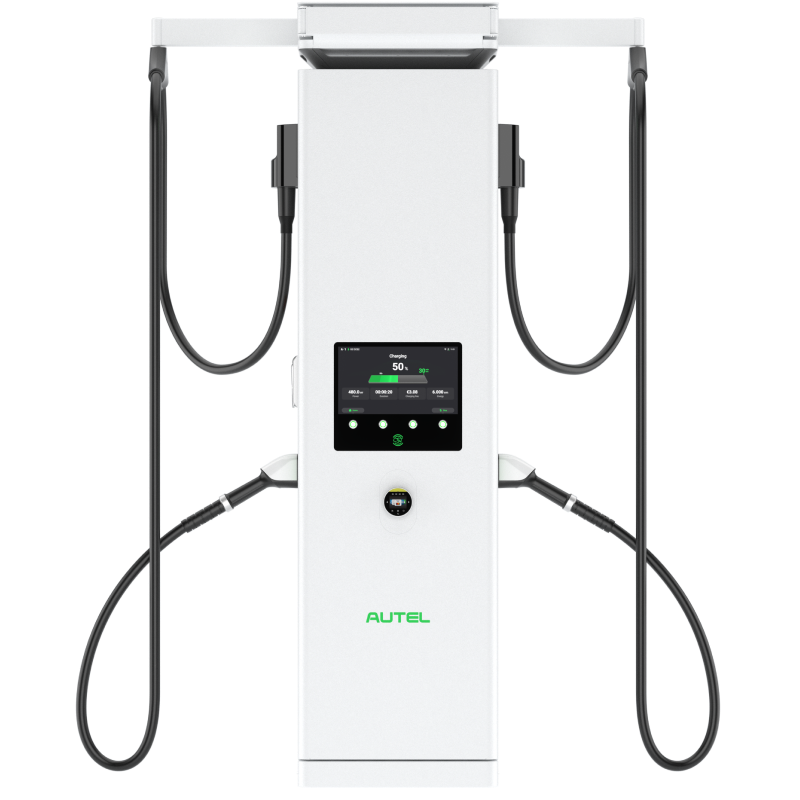 MaxiCharger DC HiPower
MaxiCharger DC HiPower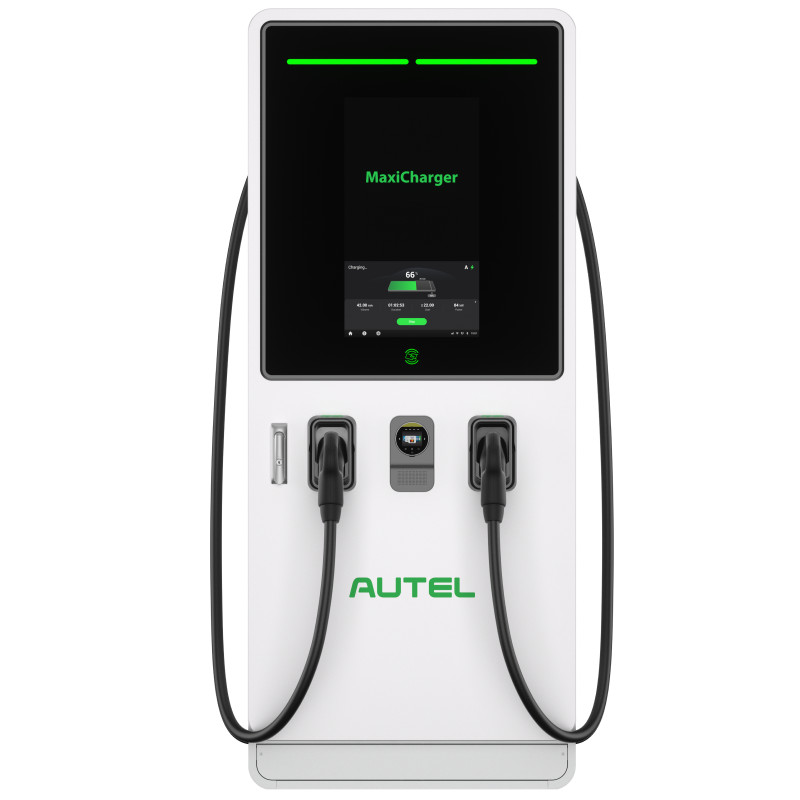 MaxiCharger DC Fast
MaxiCharger DC Fast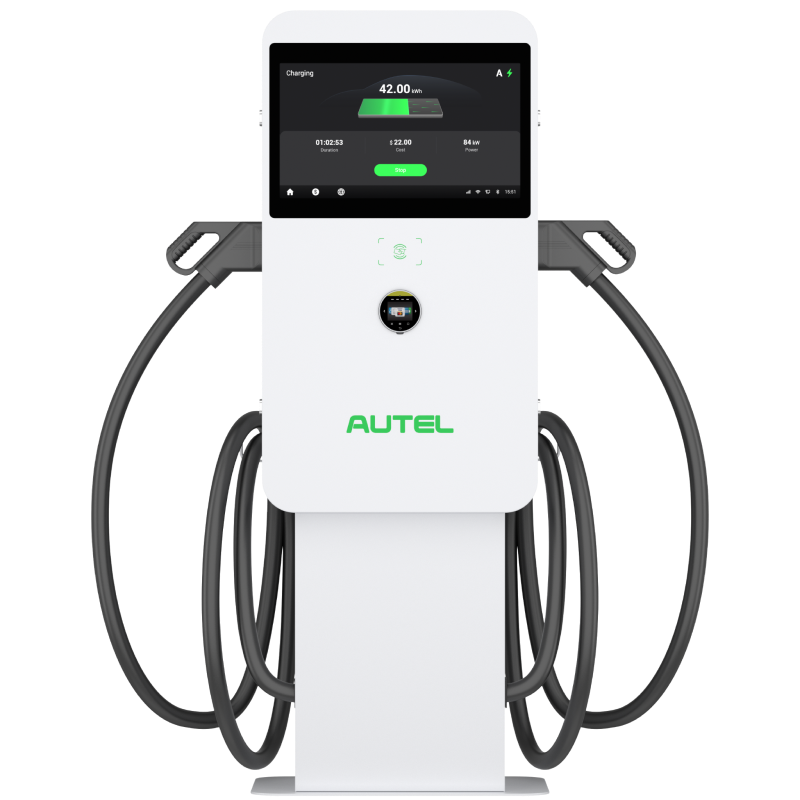 MaxiCharger DC Compact
MaxiCharger DC Compact
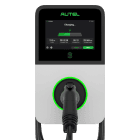 MaxiCharger AC Pro
MaxiCharger AC Pro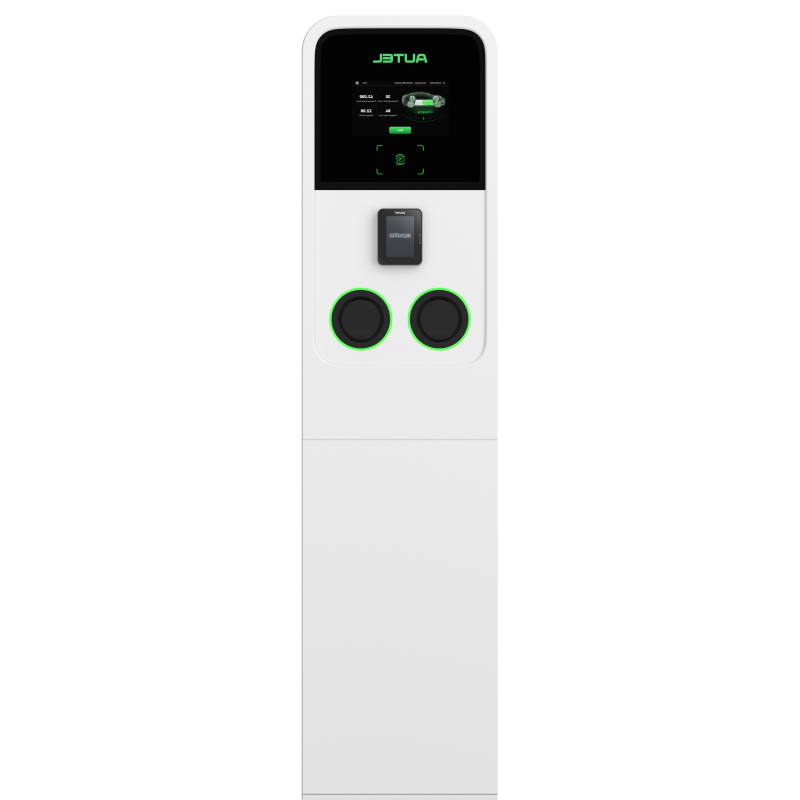 MaxiCharger AC Ultra
MaxiCharger AC Ultra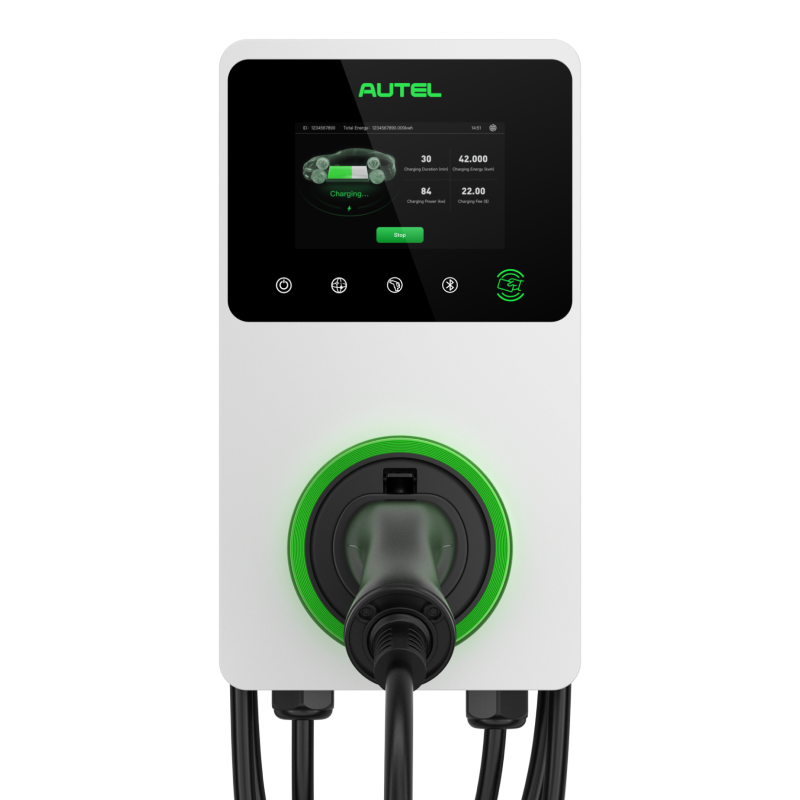 MaxiCharger AC Elite
MaxiCharger AC Elite
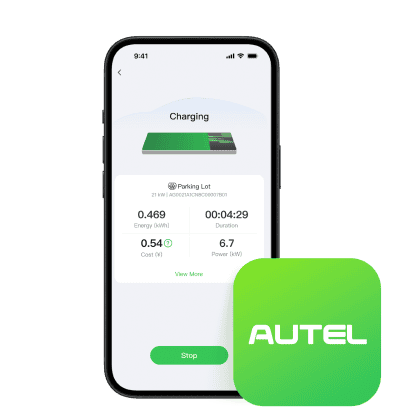 Software
Software
- Partner Introduction
- Become A Partner
- Event
- FAQ
- Blog
- About Autel
- Contact Us
- Sustainability
- Newsroom
- Brand Center
- Product Center
Do I need a permit to install an EV charger in my home?
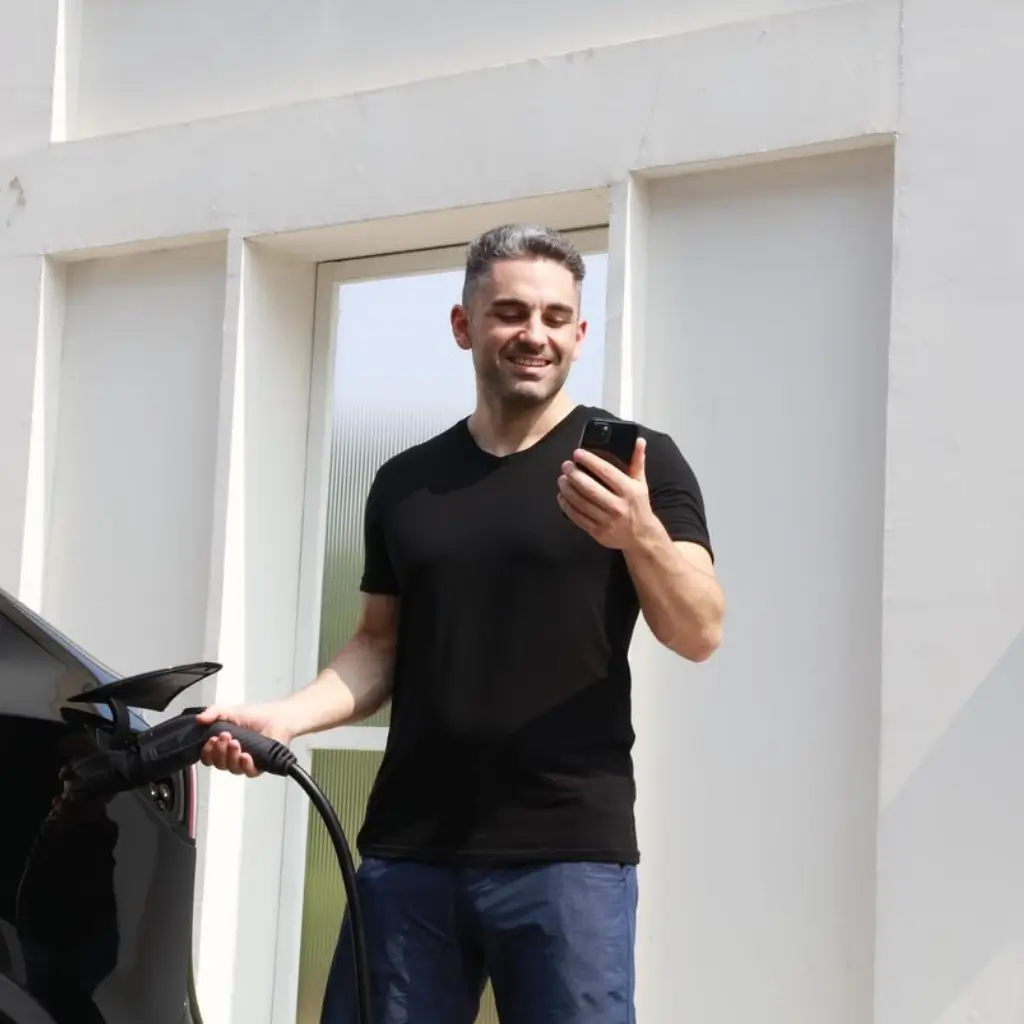
If you're a homeowner planning to install an EV charger, it's important to determine whether a permit is required for your project. Permit requirements depend on the type of charger you choose—such as a compact AC charger—as well as the installation location and method. This guide covers essential information about permits, local code requirements, DIY limitations, and installation tips. It also introduces Autel support services to help simplify the entire EV charger installation process.
Permit Requirements by Charger Type
Permitting requirements for EV chargers are determined by charger level and whether the installation takes place in residential or commercial settings.
Level 1 Chargers Often Exempt
Level 1 chargers, which plug into standard 120-volt outlets, typically do not require permits. The low power rating of these chargers makes electrical modifications unnecessary. Homeowners need to verify with their local building department because particular areas could impose unique regulations on charger installations.
Level 2 Chargers Typically Require Permits
Level 2 chargers function using 240 volts; thus, installations need permits to proceed. These devices usually require both a separate electrical circuit and an upgrade of the main electrical panel. Many municipalities require residents to undergo inspections through licensed electricians after obtaining permits. Autel’s Level 2 AC Charger meets residential safety and permitting standards, making it suitable for most home installations.
Level 3 Chargers Rarely Used in Homes
Level 3 chargers deliver high power to commercial and public spaces where they operate under the name DC fast chargers. Professional installation, together with commercial permits, stands as a requirement for these systems. Homes do not accommodate Level 3 chargers because their infrastructure requirements are beyond residential needs. Explore Autel’s DC Fast Charging solutions for commercial applications.

Regional Codes And Variations
Regional Codes andVariations
The installation of EV chargers requires distinct authorization processes that depend on building codes, zoning regulations, and local-level policiesThese procedures vary greatly across regions. For example, North America has developed state-specific approaches to streamline installation. Below, we take North America as an example to illustrate how regulations can differ by location.
California
The State of California requires municipal governments to establish regulations that simplify EV charger installation procedures. The process includes checklists along with administrative approvals and restricted reviews of health and safety elements for enabling Level 2 and DC fast charger installations.
New York
The DC Fast Charger permitting process in New York has become simpler through the introduction of their new Guidebook. The guide enables electronic applications while specifying reasonable processing times to expedite the approval process.
Florida
The procedure for installing a Level 2 charger in Florida includes obtaining a building permit, followed by an inspection before its operational use. The state works to establish a clear and efficient permitting system to boost the growth of EV infrastructure.
Understanding regional requirements is essential for EV charger installation planning.
Can You Install the Charger Yourself?
While some jurisdictions allow DIY installation, it poses significant safety risks and may violate code requirements.
DIY Is Allowed in Some Areas, But Risky
Homeowners in certain regions have authorization to install Level 1 or Level 2 chargers independently, yet the practice comes with substantial safety threats, including electrical shocks and house electrical system damage, and fire hazards. Charges levied by the authorities and additional repair expenses can result from improper charger installations that violate local building codes. The manufacturers who offer warranties demand that professional installers complete all installations.
Licensed Electricians Are Often Required
Your investment in a licensed electrician provides assurance that your EV charging system will meet all necessary safety requirements while adhering to both the codes of the area and licensing standards. Professional evaluation of home electrical capacity combined with proper inspection documentation enables the reduction of risks and ensures a safe functioning EV charging system.
What's The Permit Process Like?
A typical EV charger installation requires applicants to file documents with their local building department or authority. The application demands information about the charger type, alongside its installation site and the necessary electrical system requirements. A local authority evaluates plans before performing site inspections to grant the permit when all requirements match the established safety and building standards. The duration for permit approval spans between one week and a month, depending on the local regulations and the complexity of the charging system installation.
Cost and Timeline Considerations
A home EV charger installation demands both budget preparation and installation duration. Local building codes determine permit fees, which fall within $50 to $200. The total installation expenses for equipment and personnel amount to between $799 and $1,999.
The cost of installing a home electric vehicle charger might rise when upgrading panels, extending wiring distances, or modifying sites. The permitting process needs between one week and four weeks to finalize. Project difficulty, together with agency administrative delays, can cause delays in the permitting process. Organizational steps for avoiding delays include studying permitting policies, using accurate documentation, and maintaining clear communication with authorities. Caretaker permit management solutions allow organizations to track project progress and minimize project duration through tracking mechanisms.
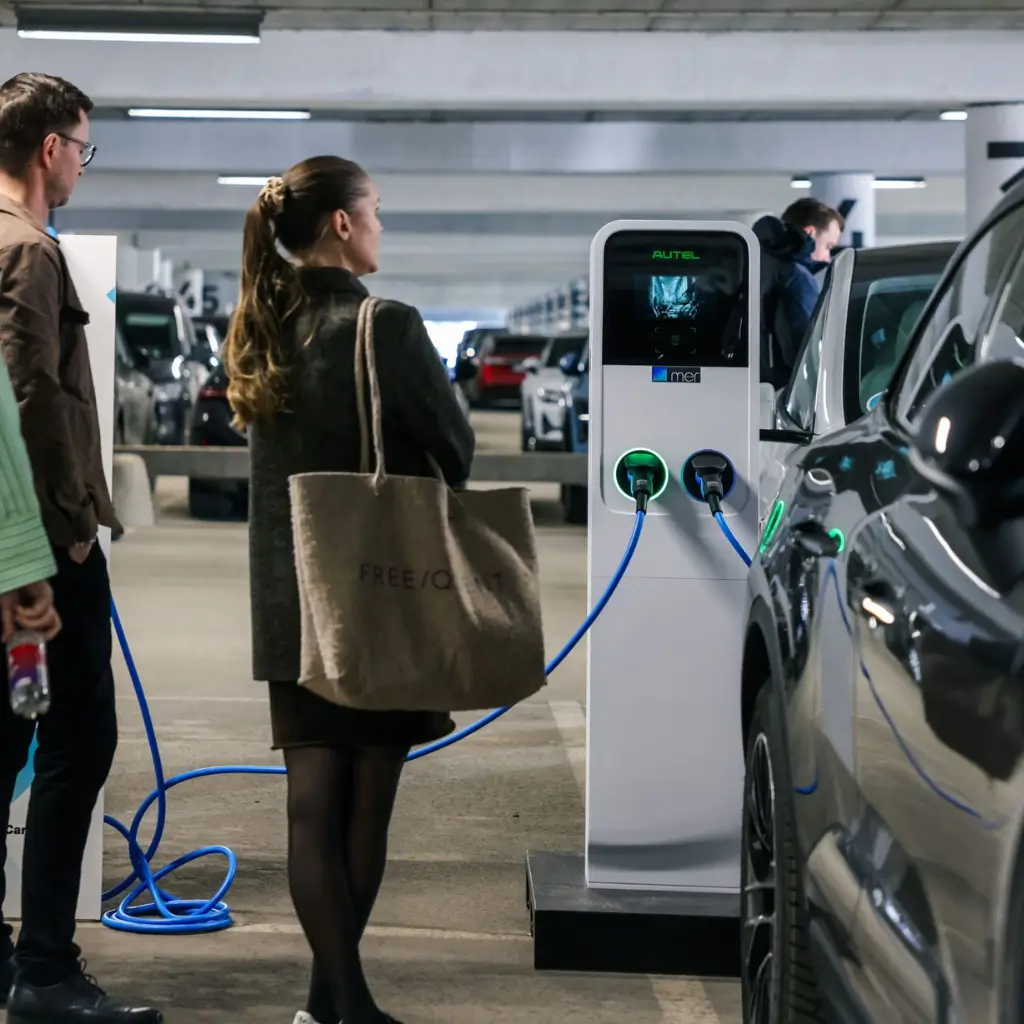
Equipment Choices That Impact Permitting
EV charger installation permitting outcomes heavily depend on which equipment choices you make during the process.
Hardwired vs. Plug-In Models
Hardwired chargers need permanent installation in your home electrical system and require electrical permits because installation involves fixed positioning and dedicated circuits. The connection method of plug-in models to existing outlets determines which permits are necessary because local codes vary.
Indoor vs. Outdoor Installation
Charger location plays a role in obtaining permits for installation. When installing EV chargers outside home spaces, building officials may need proof of weather protection measures and code compliance, which might delay the approval process.
Your Local Authority or Building Department
Permit requirements vary by jurisdiction. Before you install your EV charger, you need to check with your local building department about specific regulations because obtaining necessary approvals remains essential.
Utility Providers May Require a Notification
Before installing an EV charger, some utility providers need both notification and explicit approval, particularly when the grid infrastructure is affected. The infrastructure must demonstrate its ability to manage extra load during this phase, which sometimes becomes mandatory for approving the installation project.
EV Charging Brands Like Autel Offer Full-Service Support
Autel, alongside other brands, delivers complete customer support, which includes charger installation advice and helps users meet all necessary local permitting standards. EV charger customers should use their customer service team as a vital resource when they need help with installing their products.
Plan Ahead for Future EV Needs
The act of planning your future EV requirements now enables both budget savings and minimizes potential future upgrade requirements.
Consider Panel Expansion or Pre-Wiring
The addition of additional capacity to your electrical panel at the same time as installing pre-wiring will make future upgrades less costly.
Some Rebates Require Proof of Permitting
A large number of EV charger rebate programs require documented permits with inspection documentation to qualify. The documentation process enables you to obtain incentives while fulfilling safety codes and prevents penalties or delays.
Scalable Installations Save Money Long-Term
The expense of conducting additional work will be minimized by planning ahead for scalability through installing extra wiring and conduit now. You can reach Autel's Service for professional installation assistance and planning, and long-term support for your adaptable EV charging system that can handle multiple vehicles or higher speed chargers in the future.
